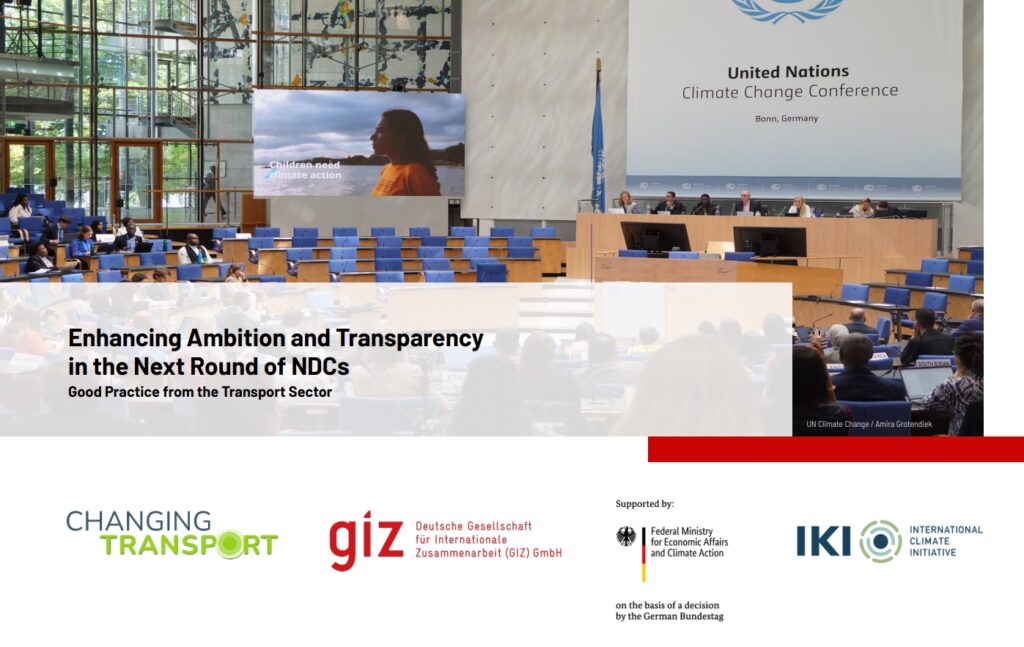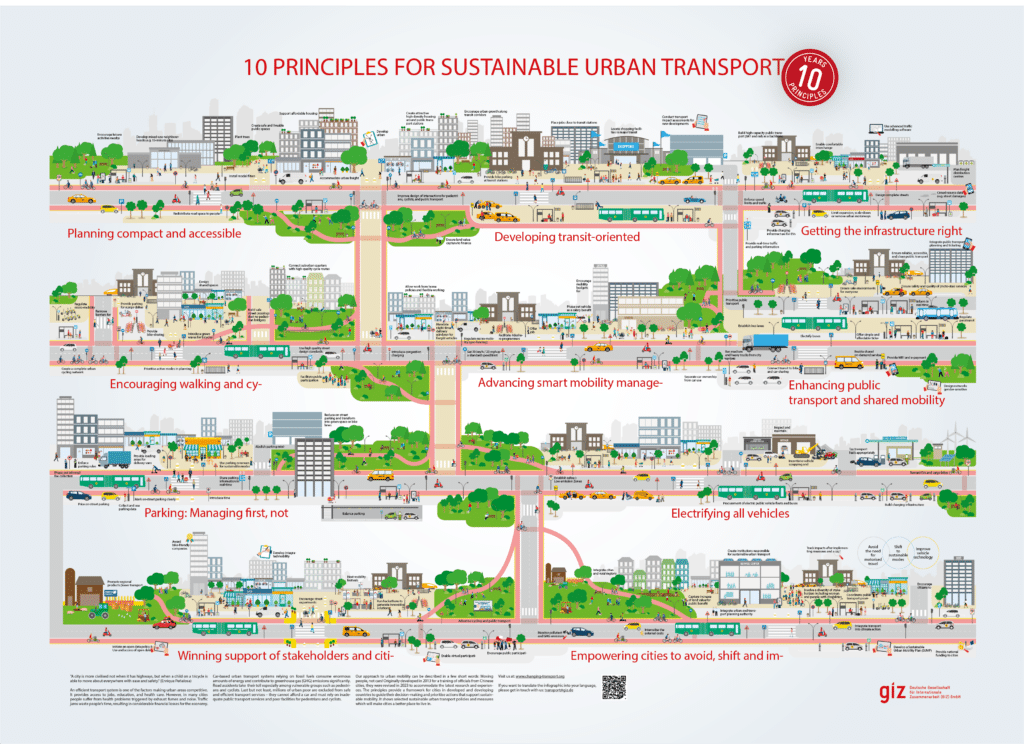The Clean Technology Fund is one of the two multi-donor trust funds under the Climate Investment Funds (CIF). The CIF was created in 2008 and is administered by the World Bank. However, it operates in cooperation with regional development banks, including the African Development Bank (AfDB), Asian Development Bank (ADB), European Bank for Reconstruction and Development (EBRD) and the Inter-American Development Bank (IDB), and serves as an interim source of finance. The USD 5.8 billion Clean Technology Fund aims to promote the transformation in developing countries by providing funding to scale-up the demonstration, deployment and transfer of low-carbon technologies with significant potential for long-term greenhouse gas emissions reductions (CIF 2021; Climate Funds Update 2021).
As of September 2021, the CTF currently finances 19 country programmes and one regional programme with over 90 individual projects.
What types of financing instruments can be acquired?
- Blend of grants, contingent grants, concessional loans, equity, guarantees
- grant element tailored to cover the identifiable additional costs necessary to make the project profitable
More detailed information can be found in ‘Clean Technology Fund Financing Products, Terms and Review Procedures for Public Sector Operations’ (2015).
What kind of projects are funded?
The CTF supports projects in the following areas:
- Renewable energy
- Energy efficiency (buildings, industry, agriculture)
- Clean transport (efficiency and modal shifts)
- Promising innovations, e.g. energy storage
What size of projects?
- Share of funding allocated to an MDB based on country requests, quality of proposals, comparative advantage of MDB and experience in a region/country
- Maximum total CTF preparation grant allocation of USD 1 million for an investment plan or a project
What types of countries are eligible for funding?
Emerging market middle-income and developing economies that
- are eligible to receive ODA (according to OECD/DAC guidelines)
- have active MDB country programmes
Who can apply for funding?
Only MDBs (WBG, IDB, AfDB, ADB, EBRD) can access CTF funding.
Who implements the project?
Implementing Agencies (AfDB, ADB, EBRD, IDB, WB)
Application process and project preparation
Public sector:
- Joint assessment of interested eligible countries’ investment potential to meet CTF investment criteria through MDBs
- Joint exercise for potential fit to discuss the ability of CTF to finance low carbon activities together with interested governments, private industries and other stakeholders
- Elaboration of an investment plan under the leadership of the recipient country
- Review of the investment plan by CTF Trust Fund with a view to approving a budget envelope for programmes/projects and authorising the designated MDBs to proceed with the development and preparation of individual investment projects for CTF co-financing
Private sector:
- Submission of proposals in the form of either individual large-scale projects (“Projects”) or programme envelopes aggregating several small and medium sized projects each utilising less than USD 50 million of CTF funds and all having a shared focus and objective (“Programmes”)
- Explanation of expected contributions of projects and programmes towards achieving transformation outcomes in in a sector, sub-sector, country, sub-national region, sub-region, or region within the proposal
- Demonstration required that these outcomes would not be possible without support from the CTF
Examples for approved transport projects
Details on current 14 transport projects according to can be found here: CIF Projects | Climate Investment Funds
Guiding documents
Monitoring and reporting toolkit (2014)
Sources and more information:
- Clean Technologies | Climate Investment Funds
- CIF at a glance (2019)
- Clean Technology Fund – Climate Funds Update
- CTF Annual Report 2020-FINAL.indd


